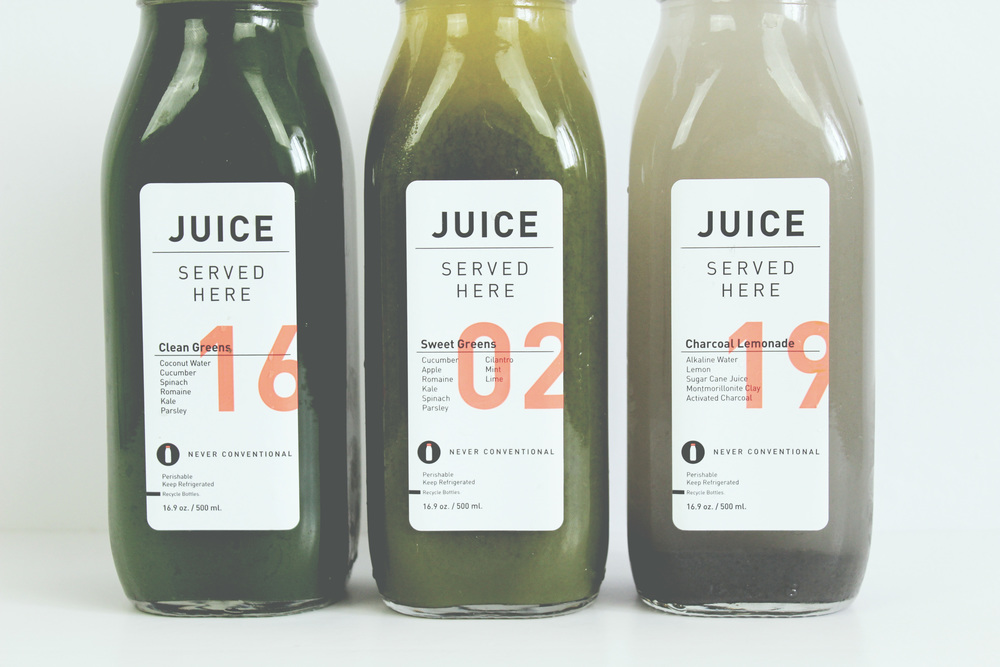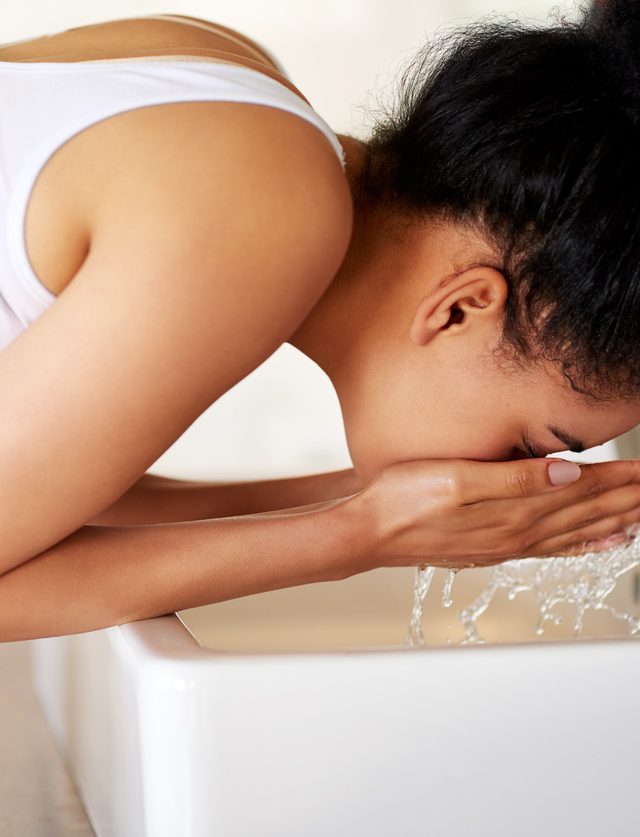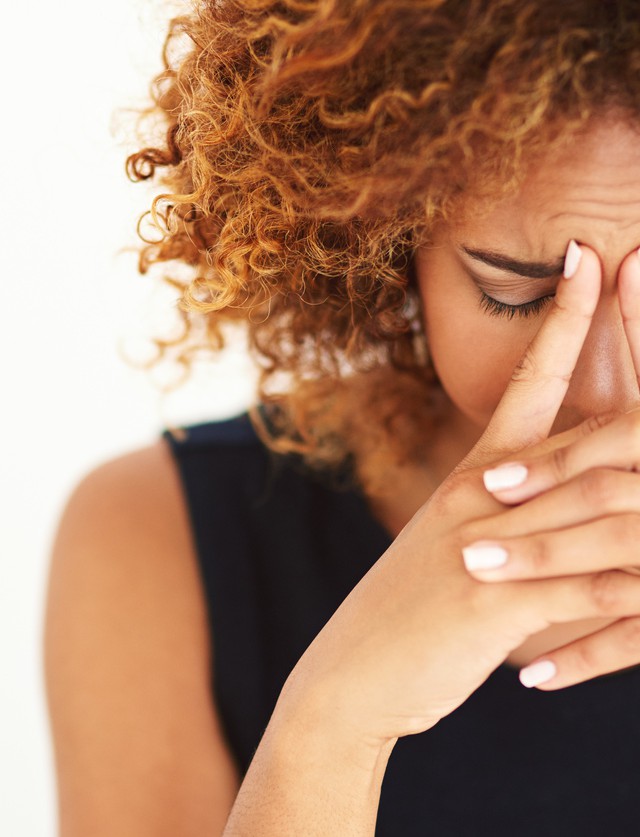Adventurous eaters, take heed: activated charcoal is starting to gain superfood status (maybe you’ve seen the black ice cream on Instagram, or charcoal-laced juices or lattes.) But before you run out and stock up on any of it in the name of health, wait just a min. The well-praised ingredient that’s made its way into cleansers and face masks over the last few years probably won’t do much good as a health supplement.
Charcoal, a byproduct of burning wood or plant materials, has been used for thousands of years in Ayurvedic and Chinese medicine. In Western culture, it’s used as a detox ingredient in emergency rooms to stop cases of poisonings. It “works by essentially binding the drug or toxic chemical in the stomach before it can be absorbed by the body, providing an effect like stomach pumping without having to pump your stomach,” says Julie Upton, MS, RD. So, yes, activated charcoal is massively beneficial in life-or-death situations.
However, imbibing charcoal-laced cocktails or juices in your day-to-day life won’t necessarily affect your organs in any way. The content is just too low. Charcoal in emergency rooms is used in mass quantities, and it’s used to purge the body of everything; it doesn’t differentiate between the good and the bad in the body, and sucks it all up and gets it all out, so you have nothing, no nutrients, no vitamins, left.
There are activated charcoal supplements and juice cleanse programs with higher doses of charcoal that have received some fanfare (Gwyneth Paltrow even named an activated charcoal lemonade cleanse one of the best juice cleanses around). The claims include the ability to cure hangovers, relieving bloating and fatigue. But, as yet, no credible scientific evidence suggests that any of them are actually effective.
If you want to try, dabble at your own risk. Dr. Oz (who says he doesn’t back activated charcoal-ingesting), but recommends that for those who want to try, should not take any supplement for more than three days, take no more than 500 mg per day, and never mix it with medication, as it could render your prescription ineffective. Other than that, it’s probably a better call to stick to using charcoal on your skin or hair.











